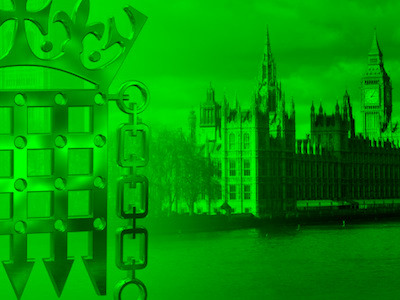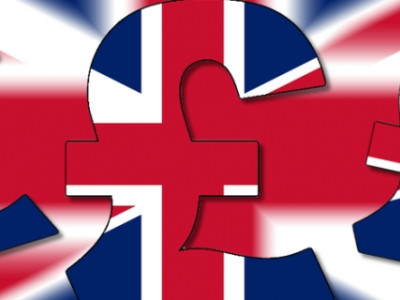The paper notes that “a tobacco-free world would be much healthier”, but we exist in one where smoking is legal and cigarettes are widely available. Despite all the research linking smoking to illnesses, disease and death, people continue to inhale the products of combustion.
The companies supplying sticks of death covered themselves in ignominy thanks to decades of lying about the addictiveness of nicotine, the dangers of smoking, and corrupt business practices. Consequently, “many scientific journals have long adopted policies to forbid publication of tobacco industry funded research, considering it unethical to publish research from manufacturers of lethal products who repeatedly engaged in scientific misconduct.”
Polosa and Crawley agree that the justification for banning studies funded by tobacco firms has the weight of history behind it. That said, they think “it is incompatible with current scientific, ethical and public health realities endorsed by foremost official regulators and health agencies worldwide.”
The pair point out that the scientific process demands the sharing of data, a process that works towards delivering complete, open, and transparent reporting. Through doing so scientists can validate or discount findings, support their results, avoid the replication of approaches that failed, and open up the possibility to test the reproducibility of results.
By calling for the tobacco industry to be accepted onto the pages of publications, the duo will be set to incur the wrath of those vocally opposed to having anything to do with the industry. They say the two-tiered scientific review system is an example of “double standards”, one that can no longer be accepted.
Going further, they highlight that “journal editors banning tobacco industry funded research papers are at odds with leading international ethics guidelines in health research and fail to undertake the responsibility of their role in health research as defined by their own profession.”
It will be interesting to see how warmly the aforementioned journal editors receive this paper.
Photo Credit:
Big T carton is reproduced from www.TobaccoTactics.org. Copyright University of Bath and used under permission of the University of Bath. All rights reserved.
Dave Cross
Journalist at POTVDave is a freelance writer; with articles on music, motorbikes, football, pop-science, vaping and tobacco harm reduction in Sounds, Melody Maker, UBG, AWoL, Bike, When Saturday Comes, Vape News Magazine, and syndicated across the Johnston Press group. He was published in an anthology of “Greatest Football Writing”, but still believes this was a mistake. Dave contributes sketches to comedy shows and used to co-host a radio sketch show. He’s worked with numerous vape companies to develop content for their websites.
Join the discussion
Parliament Fears Two
The Department for Environment, Food and Rural Affairs faced questions from a Conservative MP and, oddly, a member of the Department for Environment, Food and Rural Affairs
Harm Reduction For The Rich
The United Kingdom risks becoming a harm reduction country only for the wealthy, according to Michael Landl of the World Vapers’ Alliance
Sacrificing Health For 2p Cut
Tory Government alienates vaping voters with its mission to cut tax by an unaffordable 2p to attract voters by placing a tax on vape products in the forthcoming budget
CAPHRA Highlights Tobacco Control Flaws
The Coalition of Asia Pacific Tobacco Harm Reduction Advocates highlights the flaws in tobacco control which has led to the rise of black market in Australia












